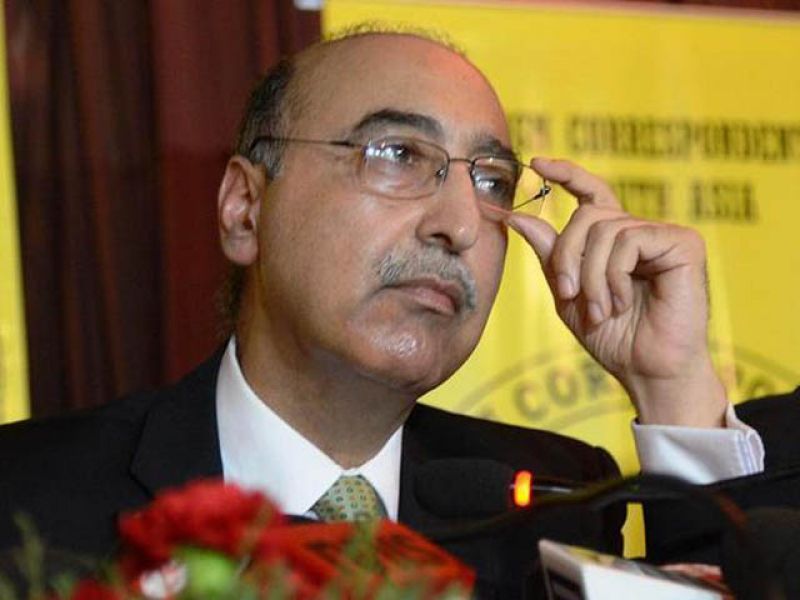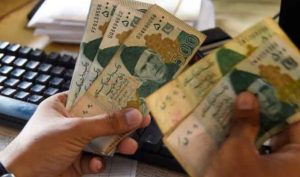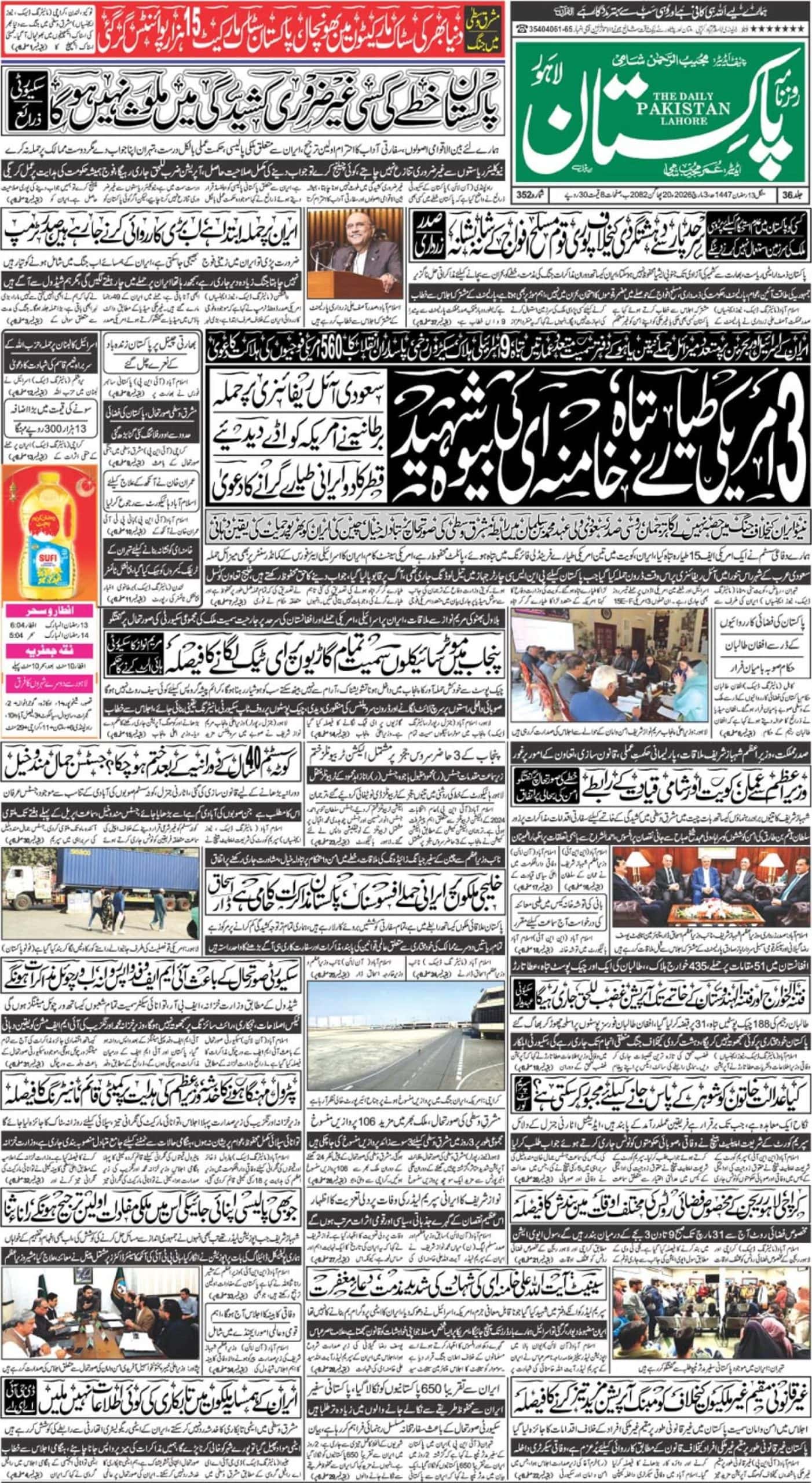ISLAMABAD – Pakistan’s High Commissioner to India Abdul Basit clarified that Pakistan was not begging for talks with India, adding that long-lasting peace could not be achieved in South Asia without solving the Kashmir dispute in accordance with the wishes of its people.
In an exclusive interview with Rising Kashmir, Abdul Basit said that Jammu and Kashmir was the basic and core dispute of Pakistan with India.
“One day Pakistan and India would have to come to the negotiation table as, without dialogue, the two countries could not resolve their problems,” he said.
When asked how the deadlock in talks can be broken, he said, “The present stalemate between the two countries would be over sooner or later as without dialogue we cannot solve our problems.”
The high commissioner added that it was pleasing to note that the two countries had a framework for comprehensive bilateral dialogue.
‘”When Indian External Affairs Minister Sushma Swaraj visited Pakistan in December 2015, both the countries agreed and signed on this framework,” he observed.
Basit maintained that Pakistan wanted talks on substantive issues, specifically on Kashmir not for the sake of talks only.
“We consider Kashmir issue as the basic and core dispute between Pakistan and India and it should be resolved by taking into account the wishes of Kashmiri people,” he added.
Abdul Basit cited solving the Kashmir dispute pivotal for durable peace between the two countries as well as in South Asia.
Replying to a question, the Pakistani envoy said the two countries had wasted 70 years in wars and bitterness and “the time has now come that we should search for peace.”
The official said that both India and Pakistan needed to decide whether they would like to continue with the status quo or to make a new beginning in ties.
He said the situation in Kashmir was alarming and “reinforces the argument that there should be a dialogue and by using force one cannot solve any problem.”
When he was told about India’s allegations that Islamabad was not addressing the concerns about “cross-border terrorism” for the resumption of dialogue process, Basit replied, “There should be no condition for dialogue.
“It is not fair to put a condition for talks. Whenever talks were held, it brought results,” he said.
Abdul Basit went on and expressed that foreign policy was basically an extension of domestic policies and both could not be separated.
He claimed that there was a national consensus in Pakistan for improving relations with India.
“I can say that the Pakistani nation has come of age or became mature enough as nobody wants to bedevil relations with India,” Basit claimed.














